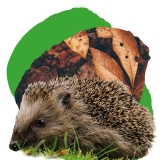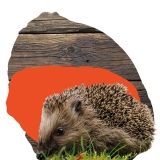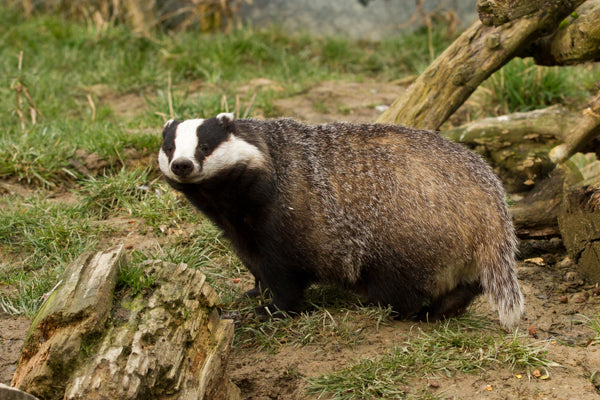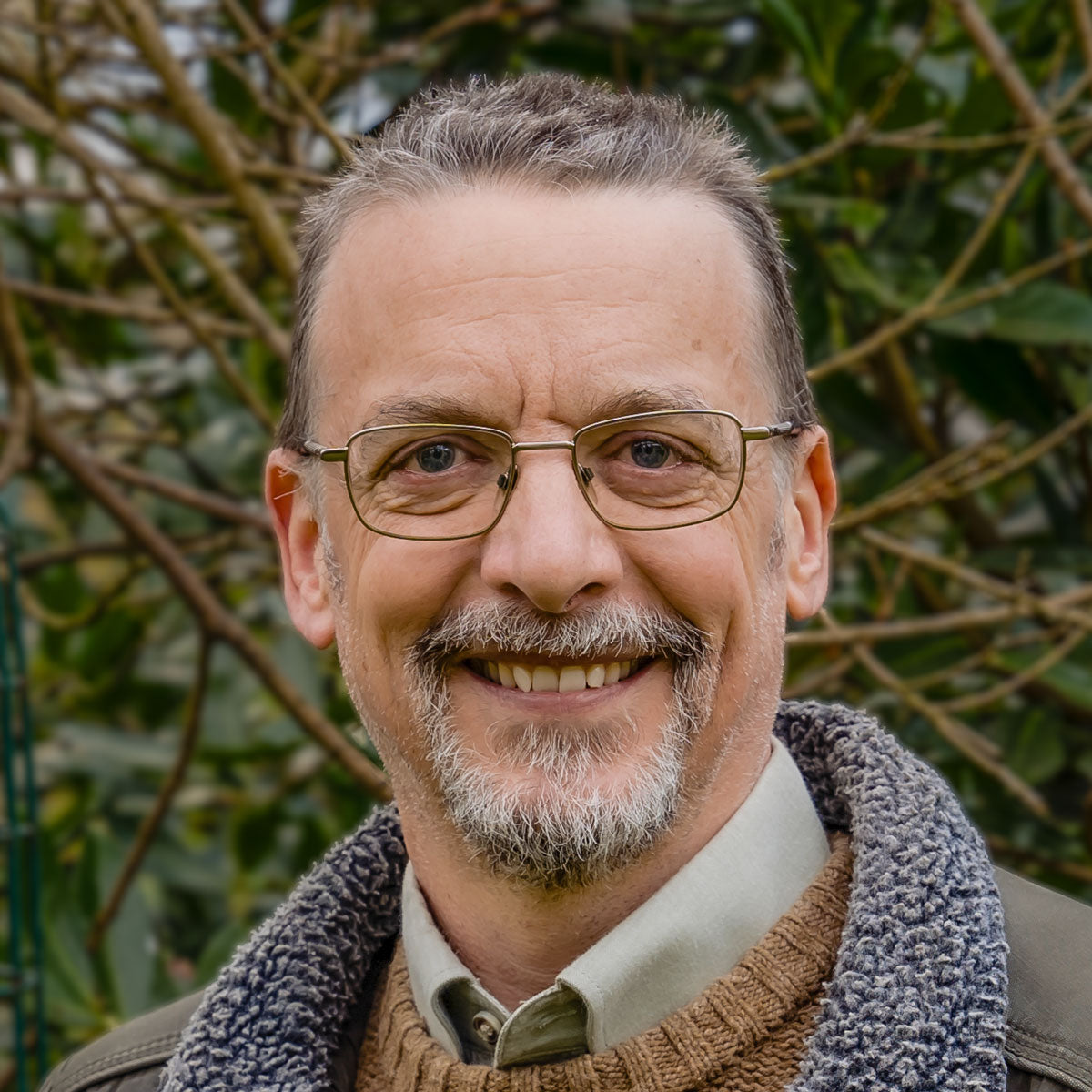Explore Our Garden Wildlife Blog
Browse or search by Category or Keyword below, alternatively click on any Tag to see related articles.


Section:
Guest Wildlife BloggersWhy are they still awake?
By British Trust for Ornithology
12th February 2017
Last Updated: 6th April 2020
Active hedgehogs were being seen in gardens well into December, according to reports from the British Trust for Ornithology’s weekly Garden BirdWatch (BTO GBW) scheme. Volunteer Garden BirdWatchers reported significantly more hedgehogs in November and December than in previous years.
Before the onset of winter, hedgehogs are busy foraging for earthworms and insects to gain plentiful fat reserves. These reserves are crucial for surviving during their hibernation, which is normally from November to March. However, timing of their hibernation varies between individuals and depends on weather conditions. This year results from Garden BirdWatch show that more hedgehogs were active later in the year than usual, likely as a result of mild weather.
July to September is the peak of hedgehog activity in gardens and activity declines steeply with the arrival of winter. However, this November Garden BirdWatchers recorded hedgehogs in 4.1% of gardens, which is nearly double the average (2.4%), and the sightings remained higher than normal in December. This pattern is most notable in the southern and eastern areas of the UK where temperatures were milder than elsewhere in November. The Met Office noted that the December mean temperature was 2.1°C above average (1961-1990), which is likely to explain the increase in hedgehog activity this winter.
With the colder weather we have experienced in January and February the BTO believe that most Hedgehogs are now hibernating, potentially making use of compost heaps or piles of brushwood in gardens.
Claire Boothby, BTO’s Garden BirdWatch Development Officer said, “We know that gardens are a useful resource for Hedgehogs, which are a nationally declining species. The long-term weekly data collected through BTO Garden BirdWatch allows us to monitor the fortunes of hedgehogs and other wildlife in gardens and assess changes. It will also tell us whether they emerge early or late this coming spring.”
If you do see a hedgehog out in the cold weather, it could be sick. If you are concerned about a Hedgehog that you suspect may be sick or injured, please contact your local veterinary surgeon, The British Hedgehog Preservation Society (BHPS), or an experienced local wildlife centre.
Related Internet Links:
British Trust for Ornithology
BTO Garden BirdWatch
thehedgehog.co.uk
British Hedgehog Preservation Society
Hedgehog Street
Ark Wildlife is not responsible for the content of external websites












